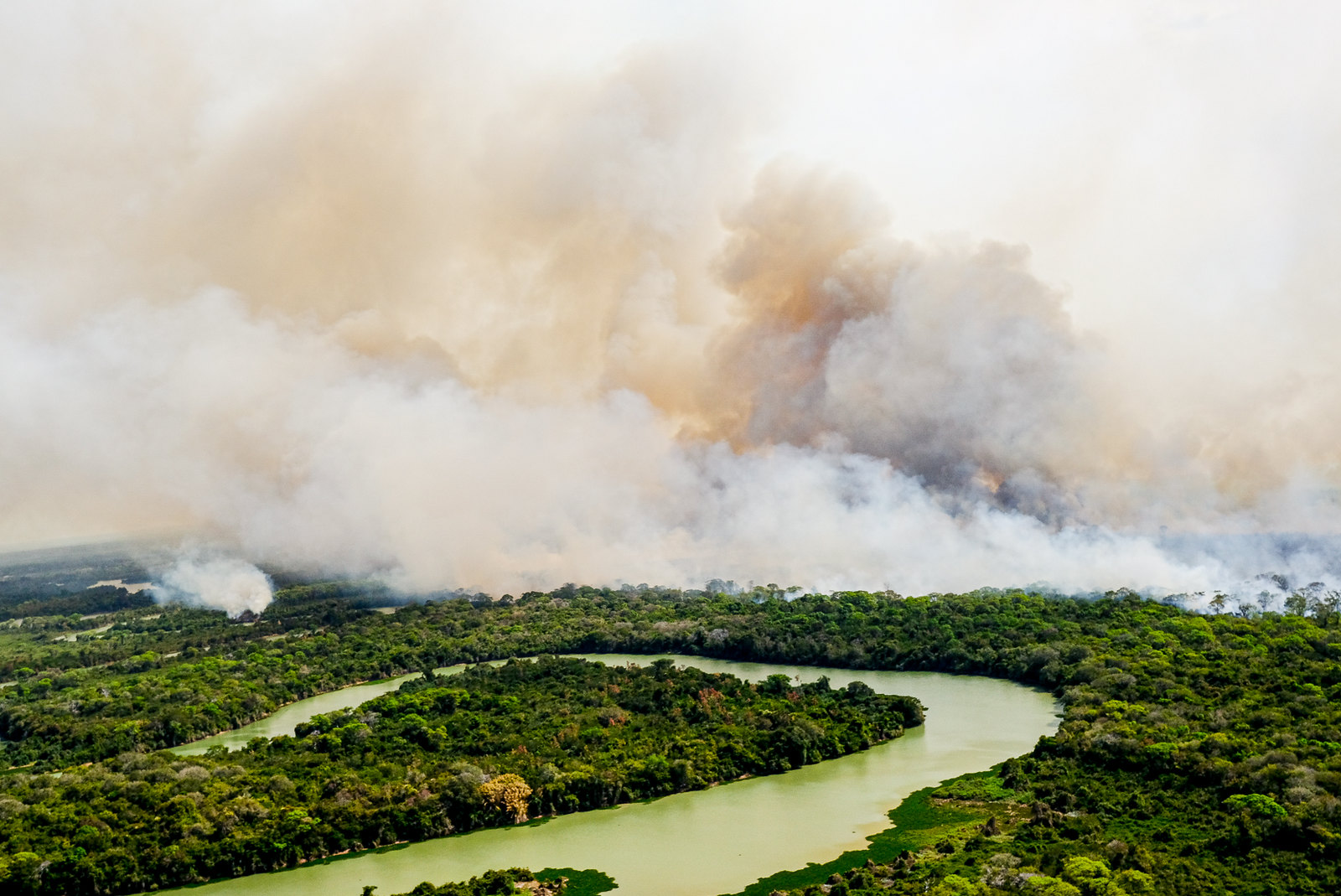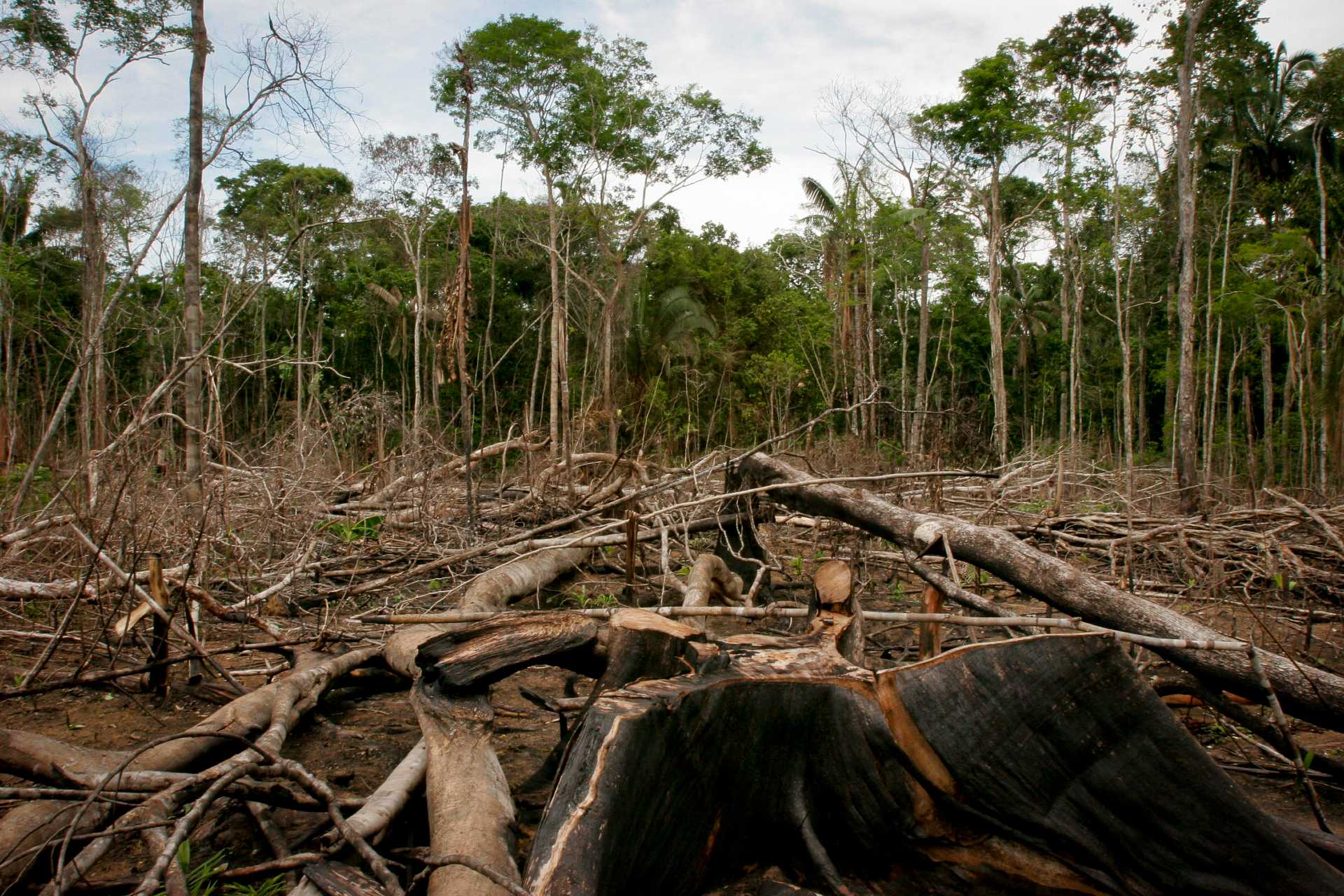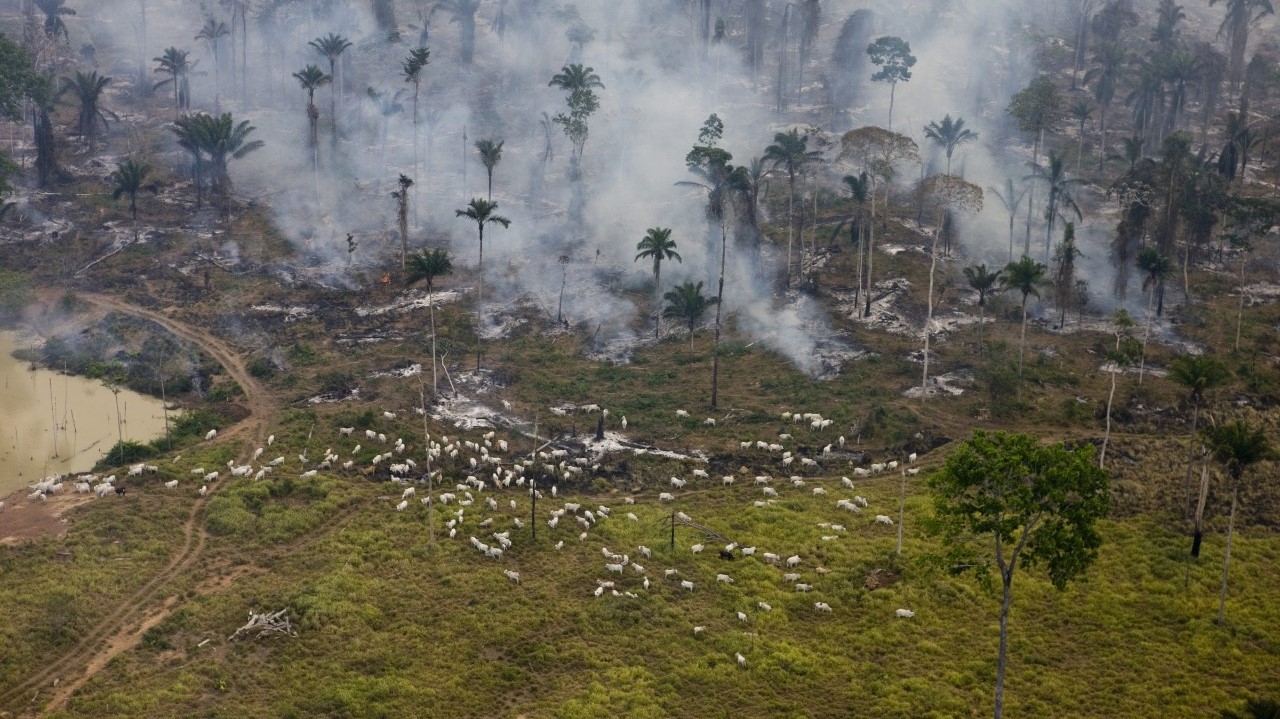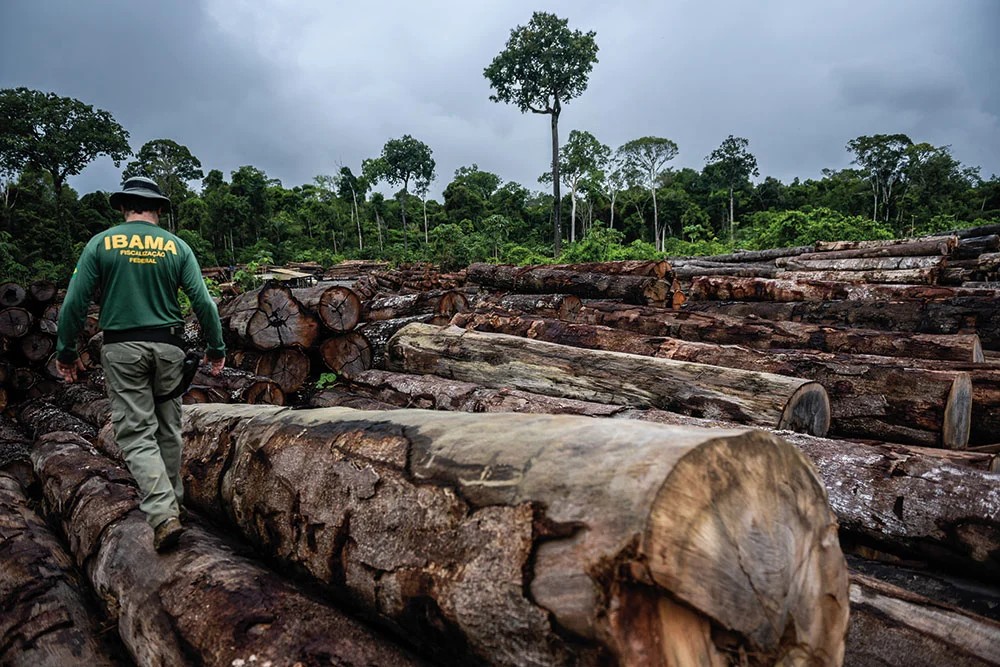The many campaign promises stressed by President-elect Luiz Inácio Lula da Silva (PT) at COP-27 – the UN climate conference in Egypt – opened room for organizations linked to the environment to discuss future projects, now based on an agenda of reconstruction.
Seeking zero deforestation in the Amazon since “devastation will remain in the past,” fighting environmental crimes such as land grabbing “without hesitation,” encouraging sustainable development, creating funding mechanisms to make up for losses and damages – these were some of the measures that President-elect Lula promised to take during his speech at the COP.

But in the face of a long and challenging environmental agenda, where should the government start? What will be the priorities on January 1, 2023? Repórter Brasil heard experts from organizations linked to the environment so that they could list the most urgent actions in the field.
1. Combating deforestation and fires
Faced with a scenario in which deforestation in the Amazon increased by 59% under Bolsonaro, the organizations heard by Repórter Brasil were unanimous in that combating the biome’s destruction must be one of the priorities of the Lula administration.
For Mariana Mota, public policy coordinator at Greenpeace Brazil, the first step is to reverse the regulations enacted by Bolsonaro that caused deforestation to increase: “The current administration froze the Action Plan for Prevention and Control of Deforestation in the Amazon (PPCDAM), which delivered satisfactory results at its peak. The plan needs to be resumed and updated, looking to the future, replicating what worked out in the past, and looking at current problems and challenges.”
Policies to combat environmental destruction – including fires – in other biomes such as the Cerrado also have to be resumed. “We need an agenda for environmental restoration and recomposition. We can no longer pursue conservation of socio-biodiversity without pursuing the environmental restoration and recomposition agenda for these biomes,” says Alisson Castilho, project coordinator at the International Education Institute of Brazil (IEB), which operates in the socio-environmental area in the Amazon, Cerrado and Atlantic Forest biomes.
2. Strengthening law enforcement against environmental crimes
Resuming the State’s command and control of the fight against environmental crime is considered crucial by Mota, from Greenpeace. She points out that public funding allocated for this purpose will have to be reviewed, since “these resources were virtually drained out in the Bolsonaro government.” Mota also says that not only national resources have to be considered, but foreign funding also has to be recovered, such as the Amazon Fund, suspended in 2019 by Norway due to the increase in deforestation and the Bolsonaro administration’s measures against the environmental agenda.

These crimes involve indigenous territories and traditional communities threatened by land grabbers, illegal miners, loggers, large corporations, big landowners, and politicians. “We need to strengthen IBAMA and other enforcement agencies. This includes new plans and resources as well as intelligence agendas, even for managing to establish possible links between environmental violations and organized crime,” says Alice Thualt, executive director of the Centro de Vida Institute (ICV).
3. Supply chains and the private sector
“If we look at periods in which Brazil managed to reduce deforestation, we’ll see that reduction goes up to a certain point. This is because enforcement alone is not sustainable in the long term,” says the ICV director, highlighting the need to ensure that there is no deforestation at any stage in commodity supply chains. “Within the livestock and soy industries, you have several actors that need information to ensure that they are not investing in supply chains tainted by deforestation. Now, if that information is available to investors, buyers and consumers must also have access to it.”
Along the same lines, Mota argues that the entire livestock supply chain – one of strongest drivers of deforestation in the Amazon – needs transparent and efficient traceability. “Because this deforestation driver dominates the Amazon today and contributes intensely to increase deforestation. Without traceability, without public access to these platforms, and without transparency, it’s difficult to tackle the problem.”
4. Protecting defenders
“There is a lot of talk about conservation and protection of socio-biodiversity, but we believe that this is only possible if it comes from people, from traditional peoples and communities, from family farmers, who are the main defenders of this biodiversity in Brazilian biomes”, says Castilho from IEB.

For him, resuming the environmental protection agenda is urgent, also reflected in robust actions to protect the lives of these defenders. “We can’t forget that in the last four years, an extremely predatory model has been strengthened over another one that focuses on biodiversity conservation. That model will not cease to exist, so we need to guarantee protection for these territories and for those who depend on it to reproduce their livelihoods,” he adds.
5. Resuming dialog
Another legacy of the Bolsonaro government that goes against the socio-environmental agenda was the weakening of councils and working groups that played an important role in enabling civil society to control and participate in agendas to implement public policies, including environmental ones. “These structures for participation and social control must be resumed,” says the coordinator of IEB projects.
According to Mota from Greenpeace, policies to reverse today’s high rates of deforestation and fires must involve society’s participation, in addition to resuming transparency about environmental data. “Dialogue with social movements and society on these issues must be resumed, as it was totally interrupted during the Bolsonaro administration.”
Another point that deserves further dialogue with society concerns the regulation of investments in carbon credits. “Today there are several carbon contracts signed with traditional communities, but there is no regulation of the activity. So, this agenda needs attention, because it can be an opportunity if it’s well managed or it may cause a lot of damage if it’s mismanaged or not managed at all,” says the director of ICV.

